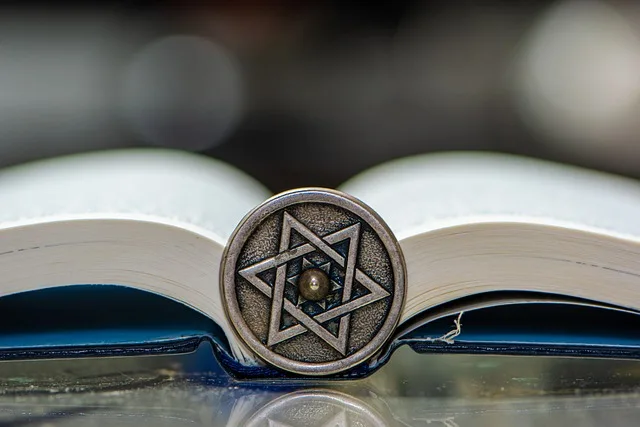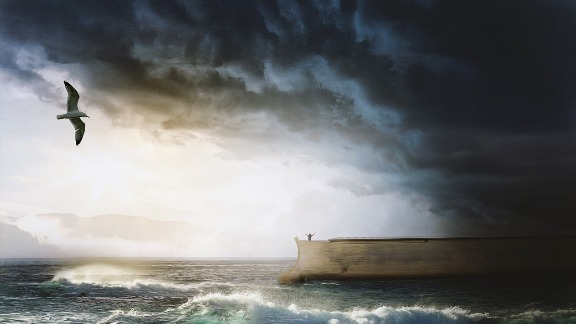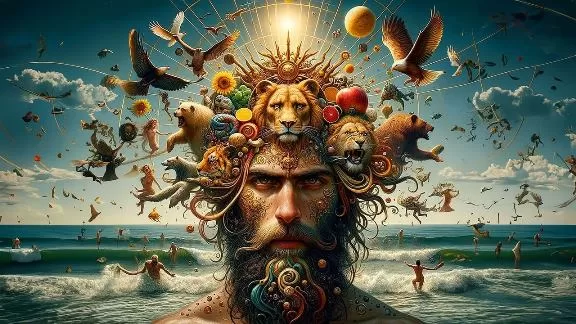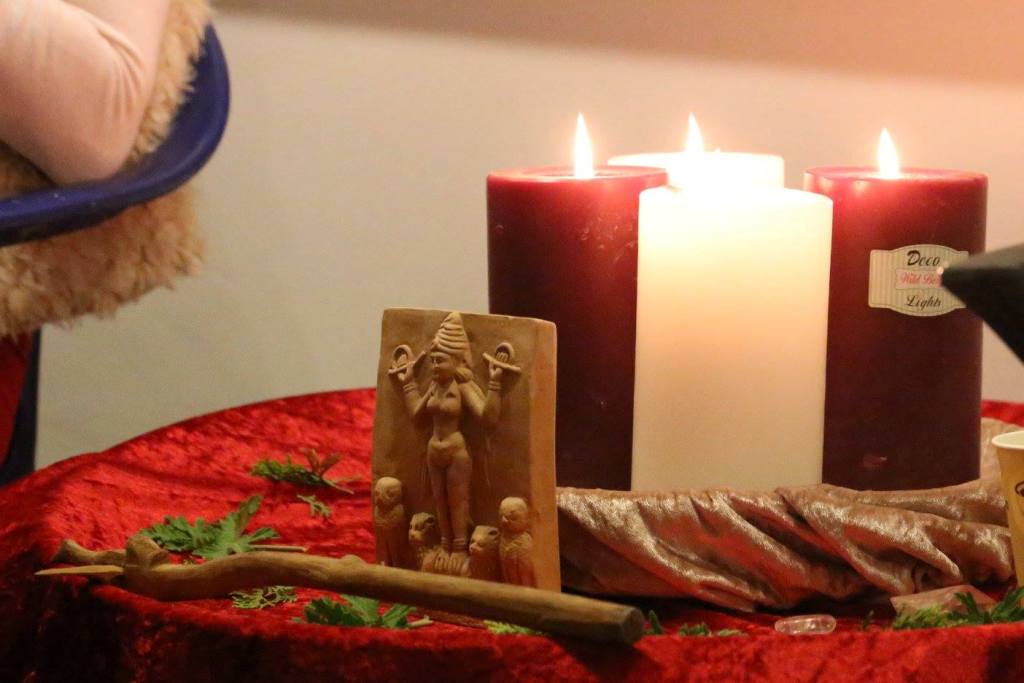Lecture: How the Deluge Myth became a Symbol of the Ecological Crisis – A Comparative Cinematic Study
The deluge myth was used by generations of commentators as a tool for social criticism - it provided them with an opportunity to explain what kind of humanity deserved total annihilation. In recent films, connections are made between the current ecological crisis and the deluge... Are we (yes, we!) this generation that deserves to be destroyed, and why? This lecture presents a comparative study of Hollywood films throughout the last century, all of which have allusions to the biblical flood myth. The focus will be on how the flood becomes a symbol of the worsening ecological crisis nowadays.










